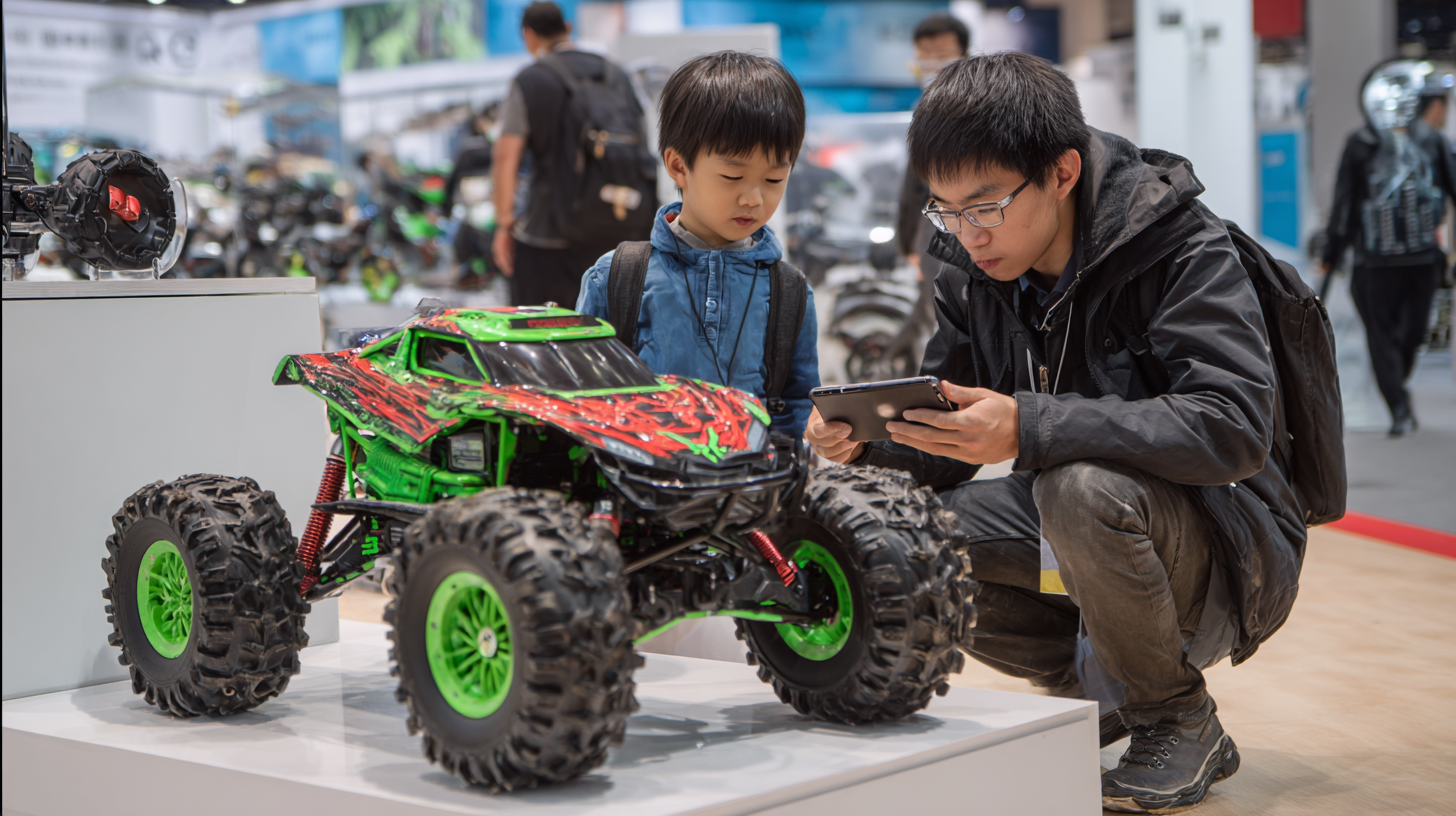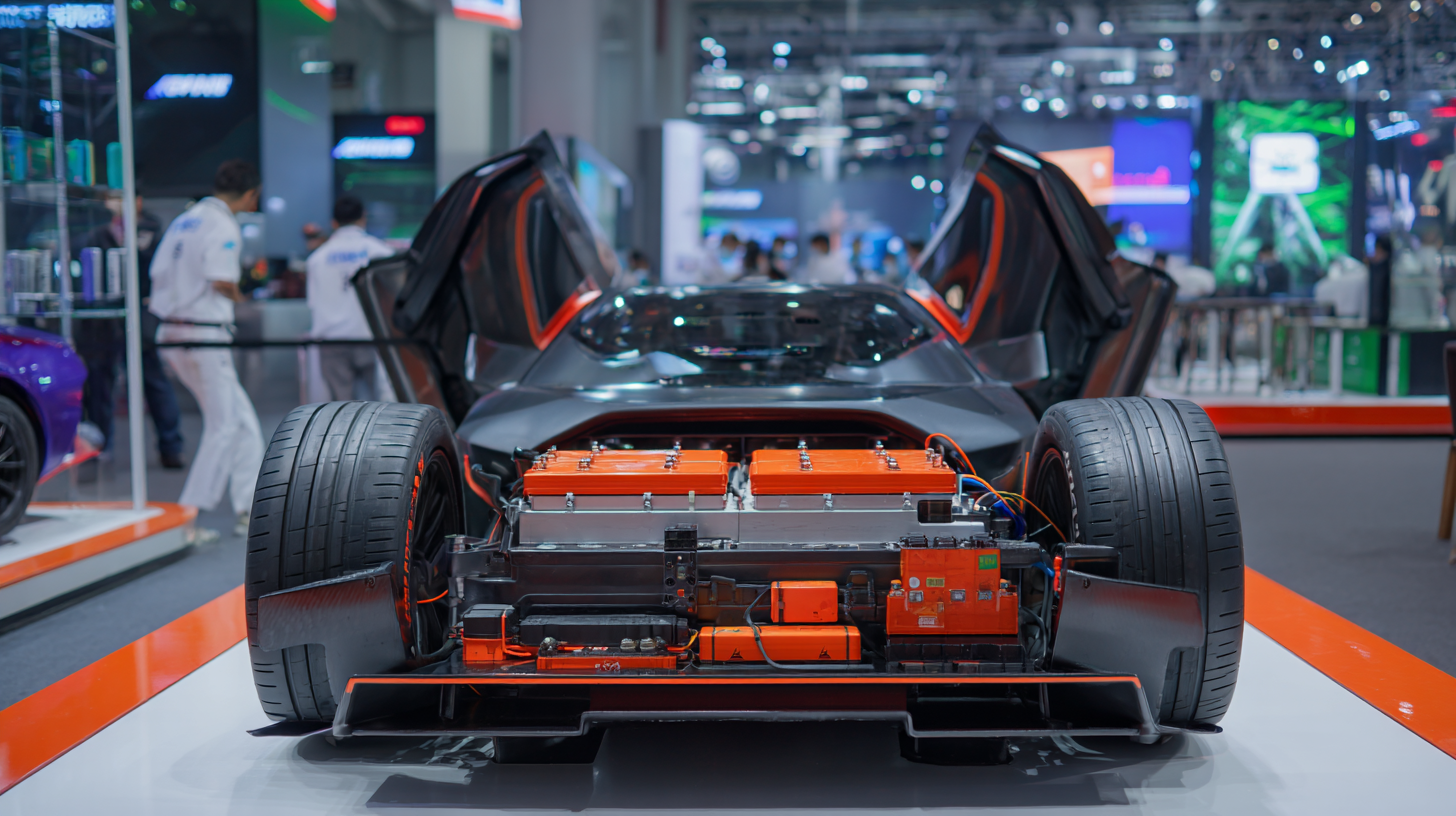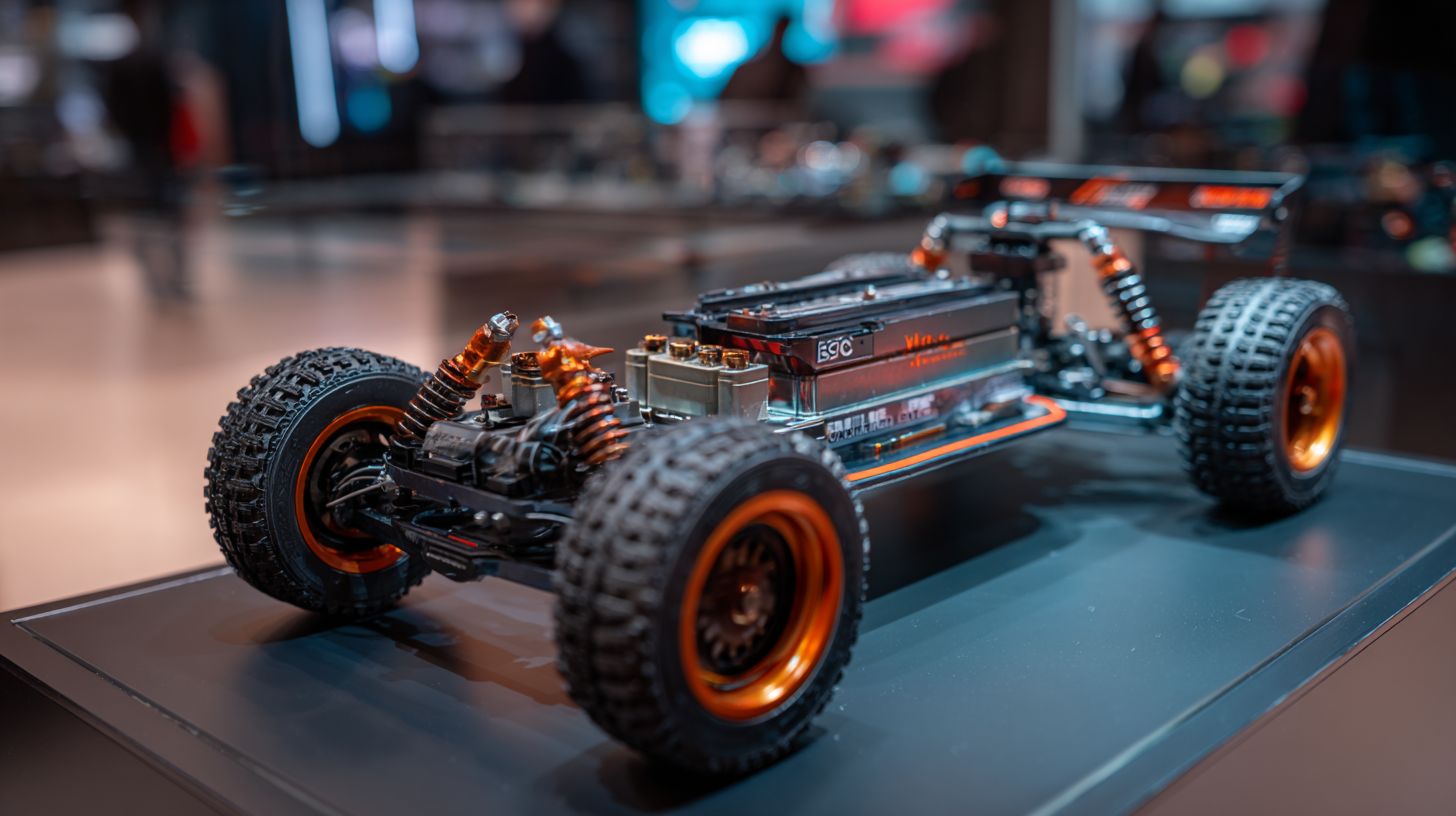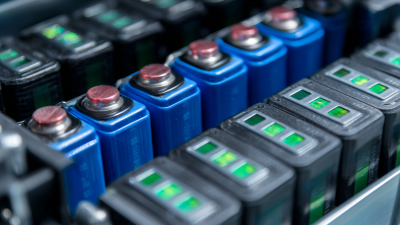 +86-13928815851
+86-13928815851
Leave Your Message
-
 CONTACT NUMBER
CONTACT NUMBER -
 CONTACT NUMBER
CONTACT NUMBER -
 CONTACT NUMBER
CONTACT NUMBER



As the world continues to evolve, so does the technology behind RC cars, particularly in the realm of battery innovations. The upcoming 2025 China Import and Export Fair, also known as the 138th Canton Fair, serves as a pivotal platform for showcasing the latest advancements in RC car battery technology. This event not only highlights significant trends and breakthroughs in battery performance and longevity but also fosters collaboration among manufacturers, researchers, and enthusiasts.

With the growing interest in remote-controlled vehicles, it is essential to explore how innovations in RC car batteries can enhance user experiences, extend playtimes, and optimize charging efficiency. As we look forward to this fair, it promises to unveil groundbreaking solutions and insights that could shape the future of RC car enthusiasts worldwide.
The 2025 China Import and Export Fair is set to be a pivotal event in showcasing emerging technologies in RC car battery design and performance. Innovations in this field are rapidly transforming how enthusiasts and professionals engage with remote-controlled vehicles. Cutting-edge advancements such as lithium-sulfur batteries promise enhanced energy density, offering longer runtime and reducing the weight of typical battery packs. These improvements are crucial for competitive racing and recreational use, where every second and ounce counts.
Furthermore, developments in smart battery technology are enhancing performance metrics by integrating battery management systems that optimize charge cycles and monitor health in real-time. Such features enable users to maximize the lifespan of their batteries while ensuring peak performance during use. Additionally, research into sustainable materials is paving the way for eco-friendly battery options, allowing for greener recreational activities without compromising on power. As these technologies continue to evolve, the future of RC car racing looks increasingly promising, with innovations poised to revolutionize the sport and expand its appeal.
| Feature | Traditional Batteries | Emerging Technologies | Future Trends |
|---|---|---|---|
| Weight | Heavy | Lightweight composites | Ultra-light materials |
| Charging Time | 3-5 hours | Fast charging (30 mins) | Instant charging capabilities |
| Energy Density | Low | Higher energy density | Next-gen lithium-silicon cells |
| Lifespan | 1-2 years | 3-5 years | 10+ years with degradation resistance |
| Cost | Low to medium | Moderate investment | Economies of scale reducing prices |
The evolution of RC car battery technology is poised to embrace sustainability, with innovative solutions increasingly focusing on eco-friendly materials and energy sources. As consumers are becoming more environmentally conscious, the demand for sustainable innovations in the RC car sector is growing. Research indicates that electric vehicle (EV) technology can significantly reduce carbon emissions, and similar strategies are being adapted for RC vehicles. For instance, incorporating advanced lithium-ion batteries with biodegradable components can help minimize environmental impact while maintaining high performance standards.
Moreover, the integration of vehicle-to-grid (V2G) technology offers an intriguing prospect for RC vehicles. A comprehensive review illustrates that V2G technology, primarily framed within the context of electric vehicles, could also be applicable to smaller models. This innovation can allow RC cars to not only draw power from the grid but also return energy during peak times, optimizing energy consumption. Industry data suggests that incorporating these technologies could lead to a 30-50% reduction in electricity usage, underscoring the potential for RC cars to contribute to a more sustainable energy ecosystem. In this rapidly evolving landscape, the emphasis on clean growth and renewable solutions is critical for ensuring that the next generation of RC cars is aligned with global sustainability goals.
As the remote control (RC) car market evolves, consumer preferences are increasingly centered around battery technology. Recent studies reveal that advancements in battery electric vehicle (BEV) technologies are influencing the choices made by RC car enthusiasts. Market analysis has shown that the demand for electric RC cars continues to rise, fueled by their performance capabilities and sustainability. A projection from the global remote control toy car market indicates a significant shift towards electric models, which are expected to capture a larger share, competing robustly against traditional nitro and gas-powered options.
In addition to battery type, consumer preferences are shaped by various factors including performance metrics, convenience, and overall cost of ownership. Research highlights that while recommendation agents simplify the purchasing process, they can sometimes create uncertainty among consumers regarding their choices. Battery longevity and recharge time remain critical elements in consumer decision-making. As RC car batteries evolve, the integration of cutting-edge power electronic converters can enhance efficiency, providing opportunities for brands to innovate and meet the growing expectations of tech-savvy consumers, especially as the 2025 China Import and Export Fair showcases the latest trends and developments in this dynamic market.

The landscape of RC car battery manufacturing faces several significant challenges as the industry gears up for the innovations expected to debut at the 2025 China Import and Export Fair. One of the most pressing issues is the supply chain disruptions that have plagued the industry since the global pandemic. According to a recent report by MarketsandMarkets, the global lithium-ion battery market is projected to reach USD 129.3 billion by 2027, with a compound annual growth rate (CAGR) of 18%. However, manufacturers must contend with rising raw material costs and the limited availability of critical components, which threaten to stifle growth and innovation.
To overcome these hurdles, manufacturers will need to adopt new technologies and strategies to streamline production. Research from Statista indicates that environmental regulations will increasingly shape the industry, pushing for sustainable practices in battery disposal and recycling. Companies investing in green technologies can improve their market positioning while tackling supply chain issues.
Tip: To remain competitive, consider diversifying your supplier network and investing in local sourcing to mitigate risks associated with international supply chains. Additionally, staying informed about advancements in battery technologies will enable your business to adapt quickly to market changes and consumer preferences.

The future of RC car battery innovations is being shaped by crucial collaborations within the industry. As electric vehicles and innovative battery technologies evolve, partnerships among manufacturers, research institutions, and tech firms are becoming increasingly important. According to the International Energy Agency, global battery demand is projected to double by 2030, driven largely by the growth of electric vehicles and consumer electronics. This surge presents a unique opportunity for RC car battery manufacturers to leverage cutting-edge research through collaborative efforts, ultimately enhancing performance and reducing costs.
At the heart of these advancements are joint ventures focused on developing high-energy-density batteries with superior charge cycles. A recent report by BloombergNEF indicates that advancements in lithium-ion technology could lead to batteries achieving up to 300 Wh/kg by 2025. Such breakthroughs would significantly impact the RC car market, allowing for longer run times and lighter designs. These industry partnerships are not only fostering innovation but also promoting sustainability; initiatives aimed at recycling and reusing battery components can reduce environmental impact while meeting the escalating demands of consumers. As the 2025 China Import and Export Fair approaches, the spotlight will be on how these collaborative efforts can propel the RC car battery sector into a new era of technological excellence.
This chart illustrates the projected advancements in Rc car battery technologies from 2023 to 2025, highlighting key innovations such as energy density, charge time, and lifespan improvements as a result of industry collaborations.






